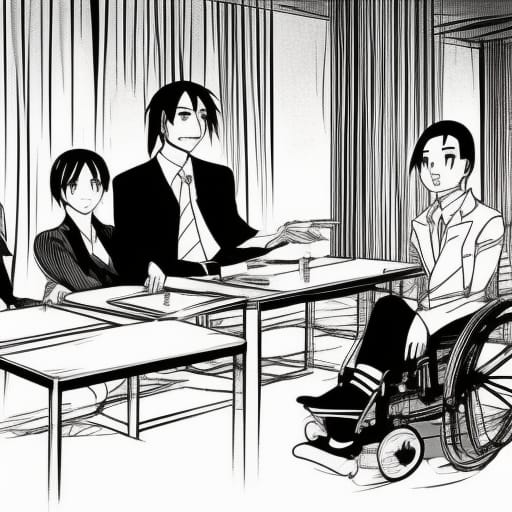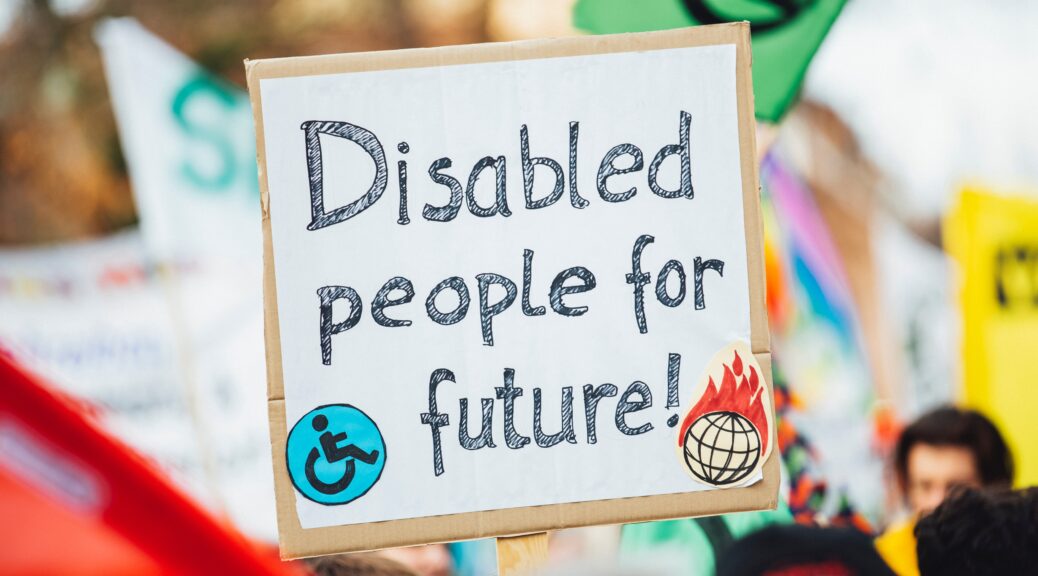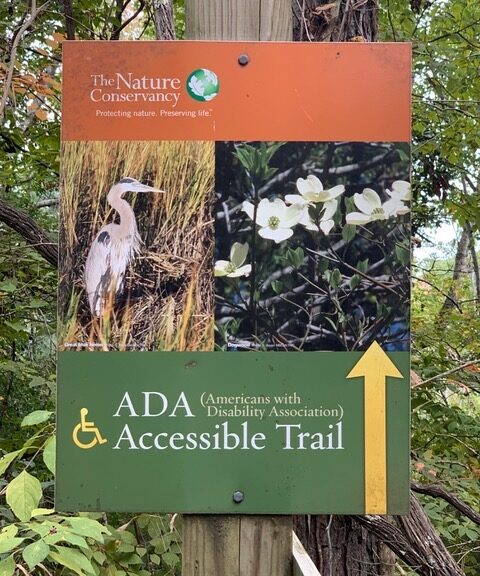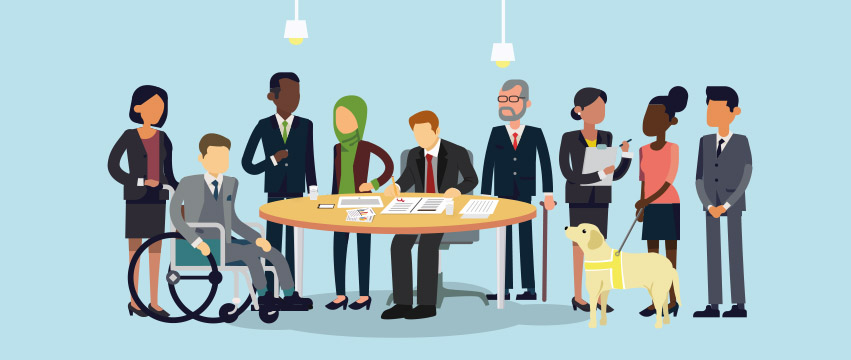In case you missed it, October marked National Disability Employment Awareness Month. Here’s why it matters: People with disabilities represent a vast pool of untapped talent in a competitive global labor force, particularly with the domestic unemployment rate at historically low levels.
Nevertheless, too many companies still ignore people with disabilities in the hiring process — despite their proven talent, merit and ability to do the job. Moreover, even some progressive employers which hire persons with disabilities may fail to retain, train and advance this overlooked segment of the workforce due to unlawful discrimination.
Continue reading Why Workplace Diversity Includes People With Disabilities – by David Grinberg




